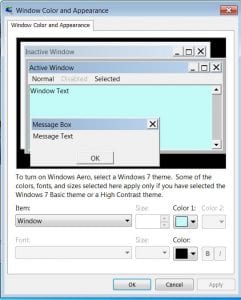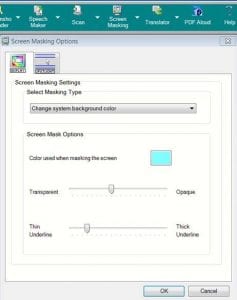 The next UCL Digital Literacy Special Interest Group (UCL DL SIG) will be taking place on Friday February 16th from 2pm – 5pm (ticket link at the end of this post).
The next UCL Digital Literacy Special Interest Group (UCL DL SIG) will be taking place on Friday February 16th from 2pm – 5pm (ticket link at the end of this post).
Digital content is increasingly being used in learning, teaching and research across the Higher Education sector. This has led to a significant change in research practices across disciplines, which include knowledge creation and dissemination through social media and repositories. Complex software tools are being used for data analysis in Arts and Humanities as well as Sciences, and large data sets are being made available to the research community, leading to a blurring of the organisational and support responsibilities of academic stakeholders. This timely event takes a look at digital scholarship at large, and considers new initiatives and opportunities within UCL to address the challenges associated with this disruptive shift.
Event Programme
Developing Digital Scholarship: Emerging Practices in Academic Libraries – Alison MacKenzie, Dean of Learning Services at Edge Hill University and Lindsay Martin Assistant Head of Learning Services at Edge Hill University.
The impact of digital on libraries has extended far beyond its transformation of content, to the development of services, the extension and enhancement of access to research and to teaching and learning systems.As a result,the fluidity of the digital environment can often be at odds with the more systematic approaches to development traditionally taken by academic libraries, which has also led to a new generation of roles and shifting responsibilities with staff training and development often playing ‘catch-up’. One of the key challenges to emerge is how best to demonstrate expertise in digital scholarship which draws on the specialist technical knowledge of the profession and maintains and grows its relevance for staff, students and researchers.
From digital scholarship to digital scholar – Alison Hicks, Lecturer UCL Department of Information Studies.
Drawing on her experience working as an academic librarian in the United States, Alison’s presentation centres on the capacities that are needed to participate in practices of digital scholarship, as well as the inherent risks and challenges of engaging in open and networked spaces.
Introduction to Digital Scholarship and Open Research – Daniel van Strien, Research Data Support Officer UCL Library Services.
Daniel will be presenting on a session which aims to help participants make a practical start in practicing open science and digital scholarship he is a Research Data Support Officer within UCL Library Services with an interest in digital scholarship and new approaches to research.
Where’s your digital at? – Moira Wright, Digital Literacy Officer, UCL Digital Education.
With an interest in student digital and information literacy skills for employability. Moira will be talking about the Jisc Digital Capability Discovery Tool and how to get involved in the UCL beta pilot.
Research IT Services – Tom Couch, UCL Research IT Services (RITS).
Whilst many of the existing users of Research IT Services are pushing for more of the same but better, the broadening base of digitally engaged researchers from different disciplines requires more experimentation with new technologies and services. Tom Couch reports on some recent projects that have helped RITS to engage and support new groups of researchers.
Please use this link to book your ticket via Eventbrite
We’re using the Jisc definition of digital literacy: ‘the capabilities which fit someone for living, learning and working in a digital society’.
The UCL DL SIG was created for UCL staff to promote the use of technology in learning, provide a platform to ask questions, exchange ideas and also to get support from colleagues beyond UCL Digital Education.
Photo by Tim Mossholder on Unsplash
Filed under Digital Education, Digital literacies, E-Learning Events, General Learning Technology, Moira's Meanderings, Special Interest Groups, Students, Teaching and Learning Events, Teaching and Learning Network, UCL CMALT, UCL E-Learning Champions
No Comments »
 Close
Close






